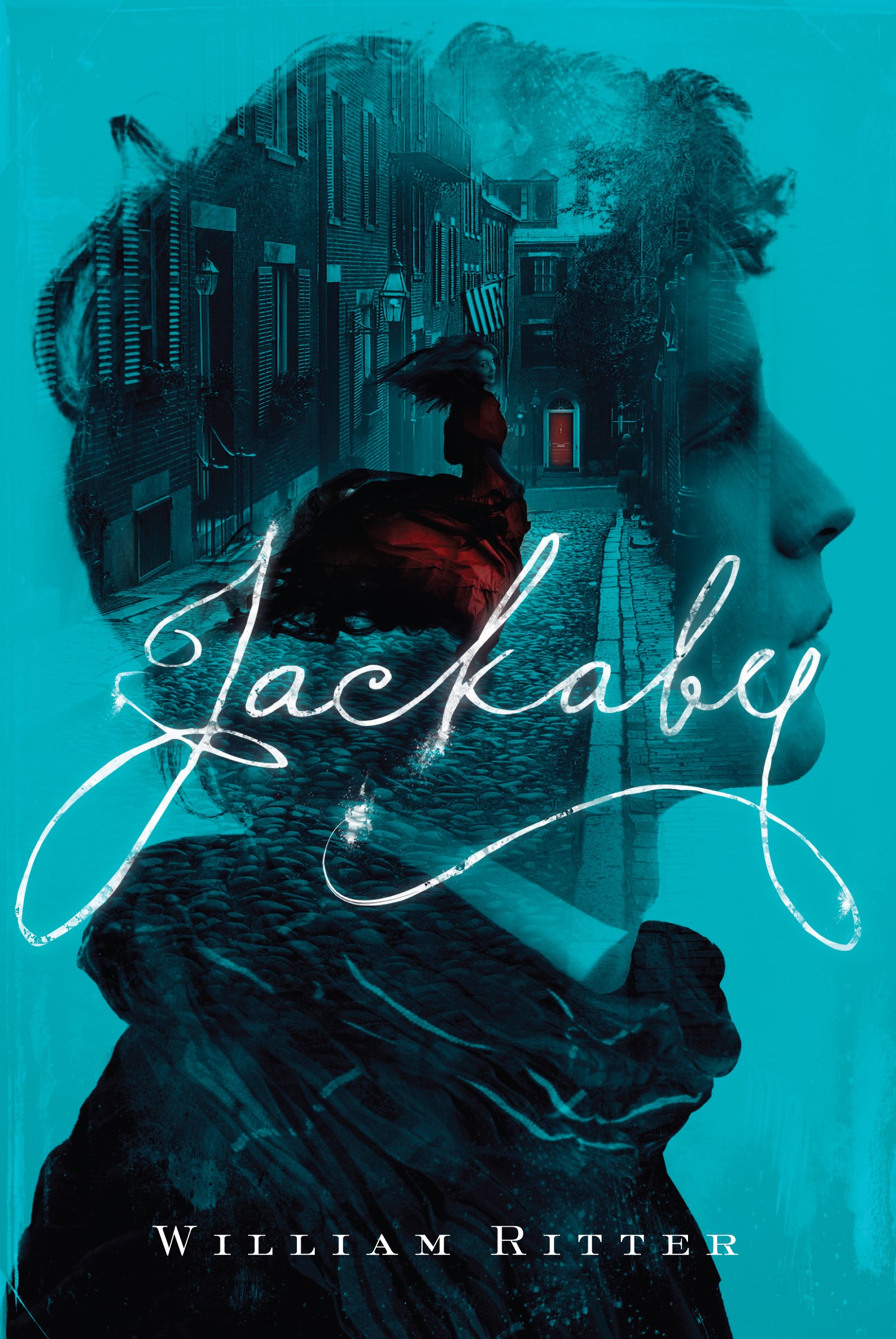
If you've been reading this blog for a while, you've probably noticed a few things about me as a reader: I like dark themes, convincing characters who aren't perfect, and sweeping story lines that transport me to new and exciting places. I'm also really not good at waiting for the next book in a series to come out, because when a story is written to my tastes, I want to find out what happens
now, not a year from now. So when Leigh Bardugo started releasing books for her Grisha Trilogy and I picked up the first one (
Shadow and Bone, my review for which can be found
here), I was pretty much doomed to fall in love with her novels and simultaneously curse the book release waiting period.
Siege and Storm, the second book in the trilogy, was released in June of last year. Having already agonized about what happened next in the series once, I made a conscious decision as a reader to wait until the series was complete before reading any further. As I said, I'm usually not very good at waiting for the next book in a series to be released, but sometimes it beats getting invested again only to repeat the same frustration of having to wait for the next installment! Thankfully the third and final book,
Ruin and Rising, was released in June and I was finally free to devour both in one go.
At the beginning of
Siege and Storm Alina and Mal are fleeing Ravka in search of a new start away from the Darkling and Alina's identity as the Sun Summoner. But fate, alas, has other plans. Alina and Mal find themselves taken back to Ravka, where the Darkling has become more powerful than ever and is attempting to overthrow what's left of the kingdom with most of the Grisha from the Second Army. Despite the overwhelming odds Alina, who some are now calling a Saint, may still have a chance: she still wears Morozova's collar, which greatly magnifies her powers as the Sun Summoner and which turns out to be only the first piece of a bigger puzzle. She also acquires some very clever - and highly unlikely - allies who prove instrumental in the plans that they lay to defeat the Darkling and destroy the Unsea that's divided Ravka for hundreds of years. But as events unfold and a head-on confrontation with the Darkling becomes inevitable, Alina finds herself moving farther and farther away from Mal and the girl who she ways, the life that they always dreamed of together. It's possible that she simply can't be the person she has to be in order to save Ravka, and still be the girl who Mal loves.
The characters I loved in
Shadow and Bone were back in the second book, but they were changed by the events that had transpired. The relationship between Zoya and Alina was of particular interest, especially given their history and the strain that Alina's duty was putting on the relationship between her and Mal. At the end though I wasn't exactly sure what the situation was between Alina and Mal, whether or not they were still together or even if Mal still had feelings for Alina. I wish that had been a little bit better defined, especially since it would have helped me to tell the difference between what he did out of a sense of duty and what he did for the love of her. It was a little bit annoying that this book focused so much on the romance aspect of the story taking place, but progress was made on other fronts as well.
With all the doom and dire straits, I'm happy to say that the dry, acerbic remarks and absurd, slightly manic sense of humor that I'd come to love in Alina were still very much present. There's a particular bit about a fancy hat for Mal that still makes me giggle when I think about it. It may seem counterintuitive to insert humor into a very dark story, with a horrible enemy at the gates and no easy solution in sight. But with so much at stake, I got the impression that Alina was really trying to grasp at whatever glimmers of happiness came her way. And she found them with other characters who shared her burden, like Genya and Nikolai, as well as with Mal.
Everything seems lost at the end of this middle book of the trilogy. The Darkling's new powers of creation and his creepy connection with Alina made me feel like the only possibility was for her to join him and then try to find some way to defeat him from the inside. But the twist at the end of the book disproved my theory, leaving me once again on pins and needles about what's going to happen with the last part of Morozova's puzzle, Alina's integrity, the corruption of magic, Nikolai's future and what on earth the Darkling has planned for them all. Thankfully I had
Ruin and Rising, the third book which was released in June, at the ready! (You can probably guess what I'll be reviewing next week....) Head out to your nearest independent bookstore and pick up your own copy of all three books in the Grisha Trilogy, because they're all proving to be fabulous reads!






